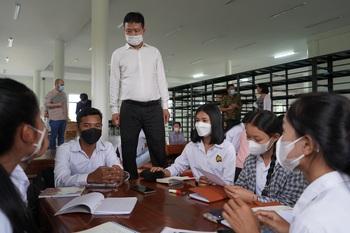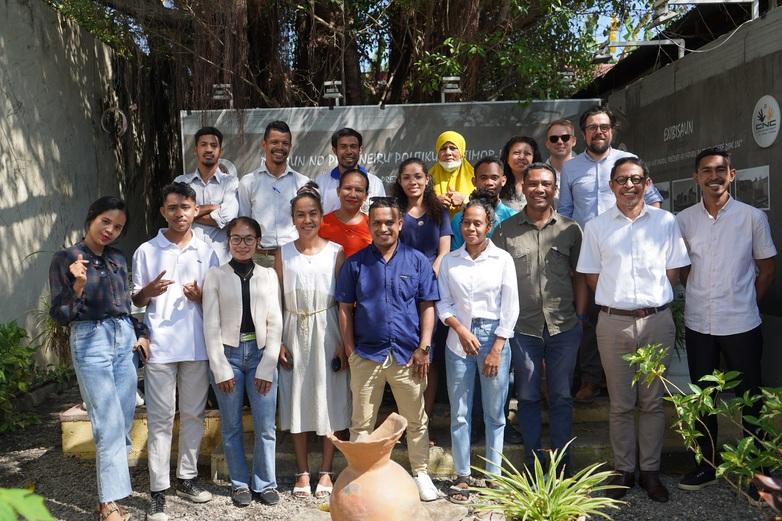Context
The development of peace and conflict transformation study programmes in the global south is limited due to lack of expertise and resources. Violent conflicts in the past have devastated academic institutions, hindering their ability to contribute effectively to durable peace through education. Universities in fragile states, however, still play a crucial role in supporting long-term peacebuilding by engaging in peace processes, collaborating with multilevel actors, developing conflict transformation skills, and fostering dialogue platforms. They are vital for development processes as innovation centers for socio-political issues and providers of safe spaces for discussing sensitive topics. They also bridge the gap between theory and practice by researching effective approaches to non-violent conflict transformation. Through teaching and research, universities contribute to eliminating the normalisation of violence and promote social transformation to prevent social violence.
Objective
Selected universities in Southeast Asia have successfully developed and implemented context related courses on peacebuilding and conflict transformation thereby increasing the chances of durable peace in the region.



